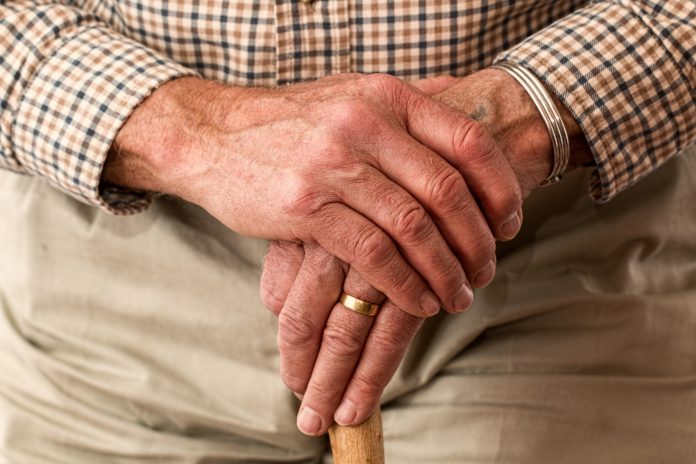Watch for Seniors Developing Alcohol Dependency During Coronavirus Isolation
How to Detect a Problem and Help Older Adults Cope
By Dr. Cary Schnitzer, Chief Medical Officer with OptumCare Arizona
Boredom, loneliness, stress, fear, and anxiety. Thousands of seniors in communities throughout Arizona may be struggling with emotions like these as a result of staying at home to prevent getting sick, and some may be turning to alcohol as a way to cope. In fact, according to data from market research firm Nielsen, alcohol purchases were up 55 percent from the second week of March to the third, a possible marker for alcohol dependence during our current challenges due to COVID-19.
Identifying an alcohol problem in an older adult may prove challenging, since regular face-to-face contact with the person is not an option during the current pandemic. At this time, it’s important to check-in virtually with older adults and do so regularly. You can establish a weekly phone or video call with a senior. Ask questions about how they are spending their time, how they are coping with their stress and anxiety, and look for these of warning signs[1] as you engage:
- Increased confusion or memory impairment
- Mood changes
- Fatigue or weakness
- Dizziness
Alcohol abuse has significant health repercussions for seniors, according to the National Institute on Alcohol Abuse and Alcoholism. Older adults are likely to experience more problems with relatively small amountsof alcohol because of their increased sensitivity and slower metabolism. Because of their sensitivity to alcohol, seniors are at higher risk for falls, car crashes and other unintentional injuries that may result from excessive drinking[2].
Alcohol dependency, when undetected and untreated, can elevate the risk of many health issues that seniors are already at increased risk of contracting simply due to their age[3]. Some of the health problems associated with alcohol abuse that older adults may encounter include diabetes, high blood pressure, heart failure, liver problems, osteoporosis, memory problems, mood disorders and bad interactions with medications
Now, more than ever, we need to keep a compassionate eye on the wellbeing of older adults in our communities. If we pay attention to the signs of alcohol dependency and offer to seek out the appropriate support and treatment for them, we have the potential of preventing injury and even saving their lives.
If you are increasing your alcohol consumption to manage anxiety or stress related to COVID-19, you are not alone. In response to the outbreak, Optum is opening its emotional support helpline providing access to specially trained mental health specialists. This is a toll-free number and it will be open 24 hours a day seven days a week for as long as necessary. This is a free service. Anyone in need of emotional support is welcome to call. The number is 866-342-6892. For more information about COVID-19 and the precautions you can take, please visit OptumCare.com.







































